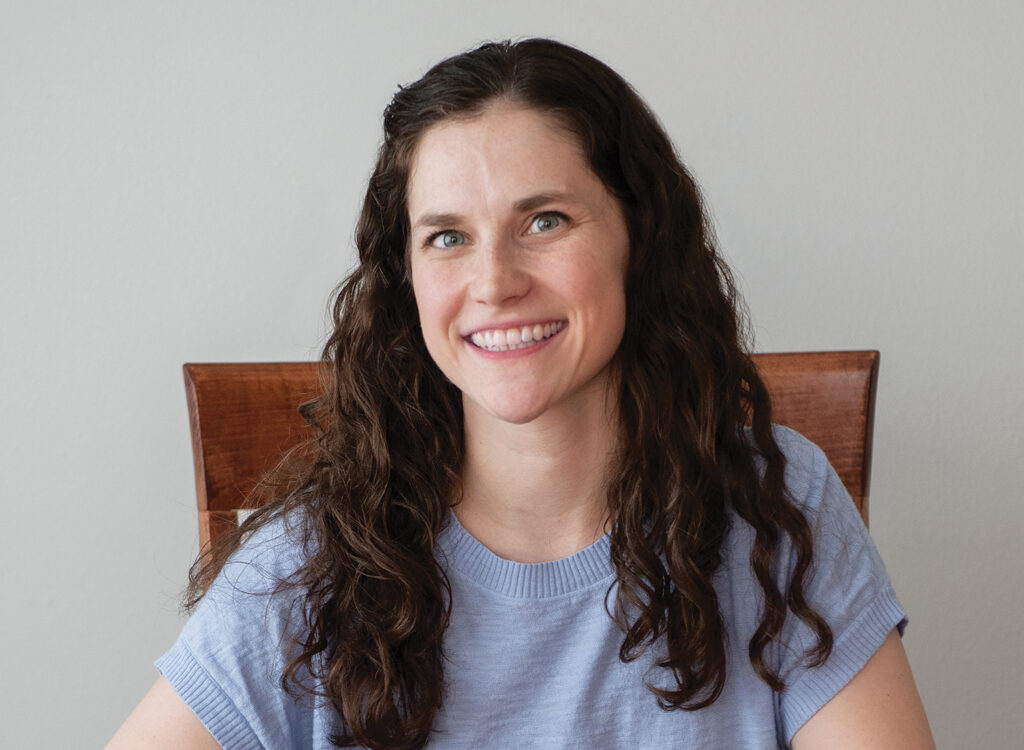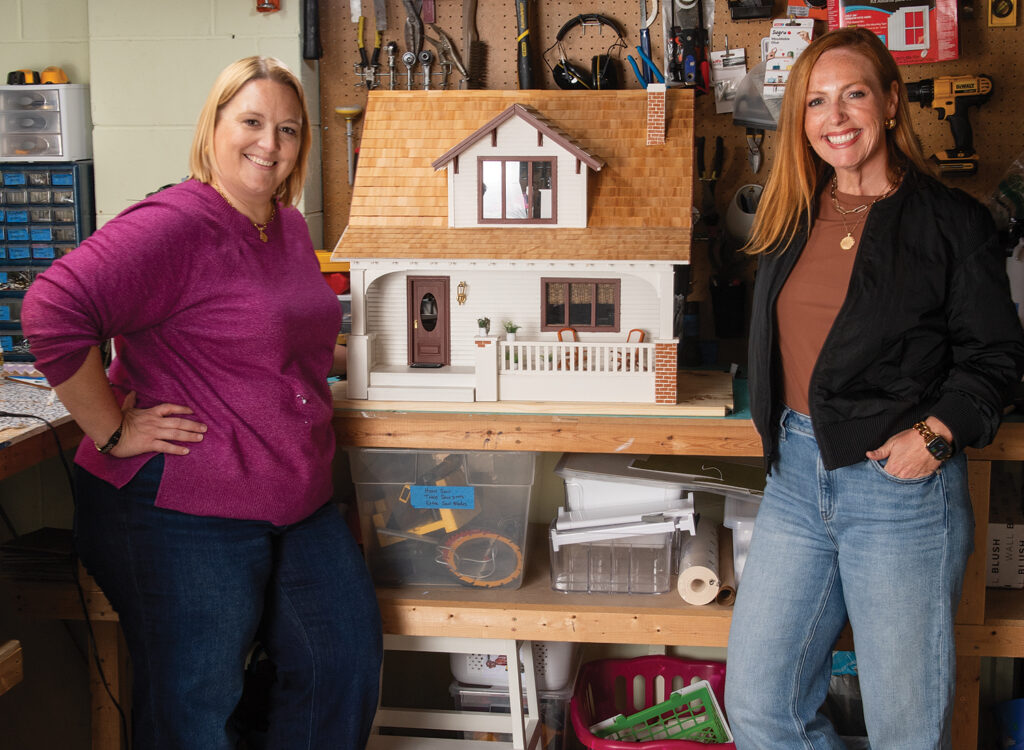The Elbert Files: Organic farming facts

DAVE ELBERT Feb 28, 2019 | 3:42 pm
3 min read time
614 wordsBusiness Record Insider, Opinion, The Elbert FilesDon Wiviott has a unique perspective on agriculture that could help Iowa farmers and the planet.
That might seem strange since most of his life experiences have little to do with agriculture.
He grew up on a military base in the Philippines during the 1960s, attended high school in New Hampshire, received a degree in environmental studies from Dartmouth College in 1977, sold desalinization systems in Florida and South America, went back to school and got an MBA in 1984, handled financial workouts in Texas, and built housing in New Mexico.
That’s where Wiviott met David C. Johnson, a scientist at the Institute for Sustainable Agriculture Research at New Mexico State University. Johnson is a dirt expert, which doesn’t sound like much until he explains there are more chemical reactions going on in a liter of soil than have been conducted throughout history in all human laboratories.
Wiviott adds: “If you have a cup of healthy soil, there are more microorganisms in that one cup than the number of human beings that have ever walked the planet.”
If you believe climate change is destroying the planet, Wiviott said, soil is one thing that might be able to save it.
While billions may be spent on elaborate machines to remove carbon from the atmosphere, Wiviott and Johnson believe there is an easier solution, photosynthesis. That’s the process plants use to absorb carbon dioxide, store the carbon as sugar and return oxygen to the air.
The problem today is that modern cultivation methods have filled our soils with chemicals that effectively hinder carbon storage. One of the worst offenders is synthetic nitrogen, a component of anhydrous ammonia.
“I grew up on a Navy Seal base in the Philippines,” Wiviott said. “And I learned that in a war zone Seabees use anhydrous ammonia to compact the soil for combat runways.”
It does the same thing to farm fields.
Overuse of nitrogen-rich fertilizers can be traced to the 1950s when munitions manufacturers discovered wartime nitrate factories could also produce nitrogen that improved corn yields.
What they didn’t realize until much later were the environmental problems that occur when synthetic nitrogen runoff poisons waterways, destroys organic matter in soil and contributes to air pollution.
Farmers and absentee landowners want to be good stewards, Wiviott said, but they’ve been sold on farming with chemicals, when they should be using biology.
His goal is to convince Iowans that biology in the form of organic farming is better for all. It starts, he said, when organic farming creates organic matter in the soil.
“If you increase soil organic matter by 1 percent, which is a lot, you increase the water retention of soil by five times,” Wiviott said. “It not only prevents runoff, but it means that during flood cycles, you’re storing more water in the soil. You’re creating spongy soil that is more resilient.”
One knock on organic farming is that it is more labor-intensive, which is true, Wiviott said. But, he added, “Despite claims to the contrary, yields are not significantly lower because we suppress weeds with crop rotations.”
And given today’s commodity prices, organic corn and soybeans sell for more than twice the price of conventional crops. That alone makes this a good time for Iowa farmers to convert from conventional to organic crops.
That’s why Wiviott, who can be contacted through LinkedIn, moved to Iowa a year ago, to help like-minded investors purchase farms and work with farmers and landowners who want to convert to organic production.
A not-insignificant side benefit is that organic farming provides such substantial carbon sequestration that New Mexico soil scientist Johnson believes it is our best hope at reversing climate change.











